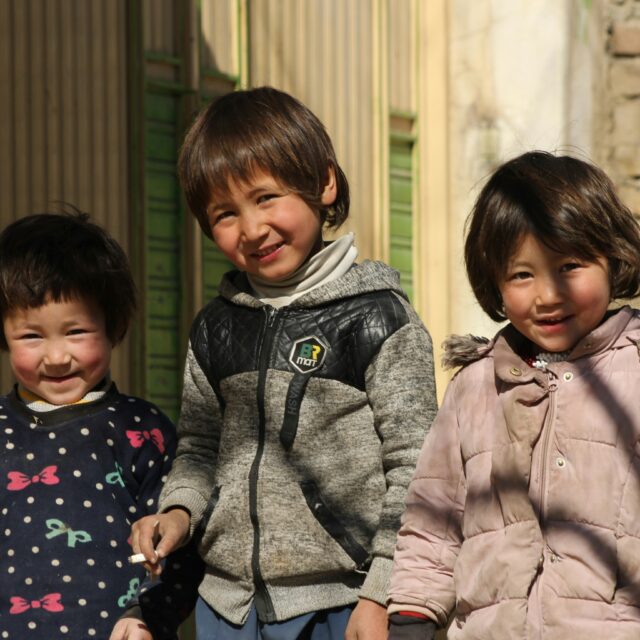Photo by Ryan Jacobson on Unsplash
The EESC has decided to start a pilot project to implement the EU Youth Test in its opinions and to set up a new Youth Group, thus delivering on important priorities of its president’s political manifesto.
On Wednesday, EESC President Olivier Röpke said: “I have made it my political priority to open the doors of the EESC to young people. The future of Europe is their future.”
“I am very proud to announce that today we are delivering on that priority. The EESC will be the first EU institution to implement the EU Youth Test, and I am glad that we are leading by example.”
“It is our testimony to the young EU citizens, that we can turn words into action, promises into reality and that this forum is their forum.”
María Rodriguez, President European Youth Forum, noted, “I am delighted that the EESC has taken the decision to incorporate the Youth Test into its own work – and would like to congratulate President Olivier Röpke on championing young people through adopting this concrete initiative.”
“The EU Youth Test is a crucial mechanism that allows young people’s stake in and views on core policy topics that affect their lives to be taken into account in all decisions that are made.”
“I look forward to working with the EESC on the implementation of the Youth Test. I also hope that the EESC’s pioneering pilot inspires the European Commission to adopt the EU Youth Test through an amendment of tool 31 in the Better Regulation toolbox.”
“This amendment would ensure that every piece of new legislation taken forward by the EU institutions is systematically seen through a youth lens – placing young people at the centre of policy making and leaving a fitting, lasting legacy to the 2022 European Year of Youth.'”
Agata Meysner, President of Generation Climate Europe, said, “I am delighted to see EESC’s commitment to meaningful youth engagement. We welcome EESC’s recognition of the crucial importance of not only engaging youth in their processes, but also analysing the impact of EU policies on young people through the EU Youth Test. I am looking forward to continuing our fruitful collaboration and hope we can inspire other institutions to follow their example.”
Upon his election, Röpke committed to involve young people more actively in the policy-making process. Already in June, he invited representatives of youth organisations, including from the European Youth Forum and Generation Climate Europe, to participate in the EESC Plenary debate. Since taking up his office, he has also met with several national youth groups from EU and beyond to hear their views and voices on important EU topics.




